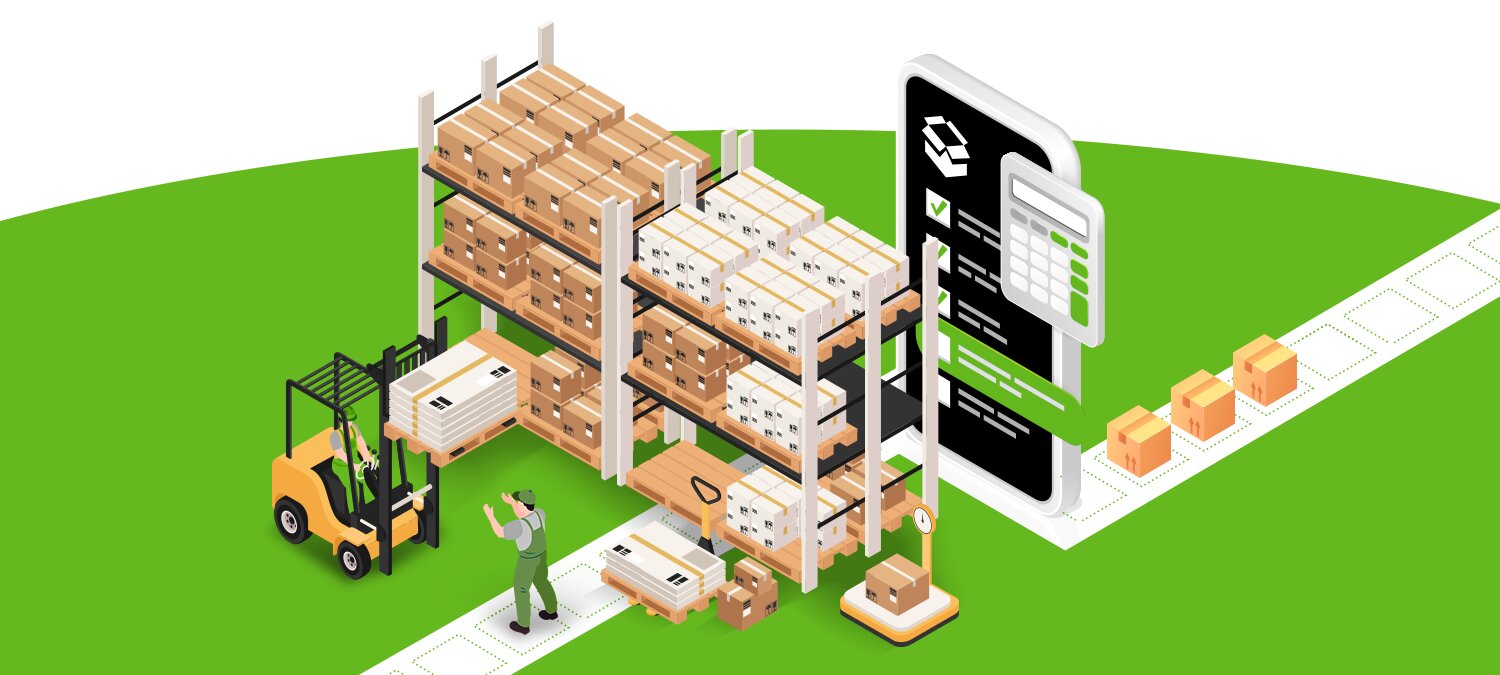Are you struggling to keep track of your company’s financial transactions? Does managing your accounts feel like an endless maze? Look no further! In this article, we’re diving into the world of accounting management systems – the digital solution your business needs to simplify its financial processes. From understanding what an accounting management system is to exploring its benefits and how to choose the right one, we’ve got you covered. So, let’s embark on a journey to financial efficiency!
Table of Contents
1. What is an Accounting Management System?
An Accounting Management System is like a digital financial command center for your business. It’s software designed to help you efficiently manage, record, and analyze your financial transactions. Imagine it as your trusty calculator, ledger, and accountant, all rolled into one handy tool. It ensures accuracy, eliminates manual errors, and offers real-time insights into your financial health.
2. Why Do Businesses Need an Accounting Management System?
Running a business involves a multitude of transactions – sales, expenses, payroll, taxes, and more. Without a proper system, these can turn into a chaotic mess. Financial Management Software brings order to this chaos. It saves time, reduces stress, and lets you focus on growing your business, knowing that your finances are well-organized.
3. Benefits of Using a Financial Management System
- Efficiency: Manual data entry has become a thing of the past. With automated processes, tasks that used to take hours can now be done in minutes.
- Accuracy: Say goodbye to number crunching errors. The system’s algorithms ensure precise calculations every time.
- Insights: Access real-time financial reports at your fingertips. Make informed decisions based on up-to-date information.
- Time-Saving: Spend less time on paperwork and more time on strategic planning and business expansion.
4. Features to Look for in an Accounting Management System
When choosing an Accounting Management System, keep an eye out for these essential features:
- Invoicing and Billing: Generate professional invoices and track payments seamlessly.
- Expense Tracking: Monitor and categorize expenses to keep your budget in check.
- Payroll Management: Simplify employee salary processing and tax deductions.
- Financial Reporting: Access balance sheets, income statements, and cash flow reports effortlessly.
- Tax Compliance: Stay updated with tax regulations and file returns accurately.
5. How to Choose the Right Accounting Management System
Finding the Best Accounting system for your business requires careful consideration. Here’s a step-by-step guide:
- Assess Your Needs: Identify your specific accounting requirements and challenges.
- Scalability: Choose a system that can grow with your business.
- User-Friendly Interface: Ensure the software is intuitive and easy to navigate.
- Integration Compatibility: Opt for a system that can integrate with your existing tools.
- Security Measures: Prioritize data security and encryption.
6. Implementing the System: Tips for a Smooth Transition
Switching to an Accounting Management System may seem daunting, but these tips can help:
- Data Migration: Ensure your existing data seamlessly transfers to the new system.
- Training: Provide training sessions to familiarize your team with the software.
- Gradual Adoption: Transition module by module to minimize disruption.
- Feedback Loop: Encourage user feedback to fine-tune the system’s usage.
7. User-Friendly Interface and Accessibility
An intuitive interface ensures that even non-accountants can use the system with ease. Accessibility across devices allows you to manage your finances on the go.
8. Data Security and Backup
The security of your financial data is paramount. Look for a system with robust security measures and automatic data backup.
9. Integrations: Connecting Your Tools
An Accounting Management System becomes more powerful when it integrates seamlessly with your CRM, e-commerce platforms, and other business tools.
10. Training and Customer Support
Choose a system that offers comprehensive training resources and responsive customer support to assist you whenever needed.
11. Cost-Effectiveness: A Worthy Investment
While there’s an initial cost, the time and resources saved to make an Accounting Management System a cost-effective investment in the long run.
12. Common Misconceptions About Accounting Systems
- “It’s Only for Big Businesses”: Accounting systems are beneficial for businesses of all sizes.
- “It Eliminates the Need for Accountants”: It complements accountants’ work, enhancing efficiency.
- “It’s Too Complicated”: Modern systems are user-friendly and designed for simplicity.
13. Conclusion: Empower Your Business
In the fast-paced world of business, staying on top of your finances is essential. An Accounting Management System acts as your financial ally, enabling you to streamline operations, make informed decisions, and achieve your business goals. By embracing this digital solution, you’re taking a significant step toward financial efficiency and growth. So why wait? Choose the right accounting management system today and experience the transformation firsthand!
14. FAQs: Your Top Questions Answered
Q: Can I access my financial data remotely?
A: Absolutely! Most Accounting Management Systems offer remote access through secure logins.
Q: Will the system automatically calculate my taxes?
A: Yes, the system can calculate taxes based on the data you input.
Q: Can I customize the reports to suit my business needs?
A: Of course! You can generate customized reports tailored to your requirements.
Q: Is it possible to integrate the system with my e-commerce platform?
A: Certainly! Many systems offer integrations with popular e-commerce platforms.
Q: How often should I update the software?
A: Regular updates are crucial to ensure optimal performance and security. Check for updates at least quarterly.




